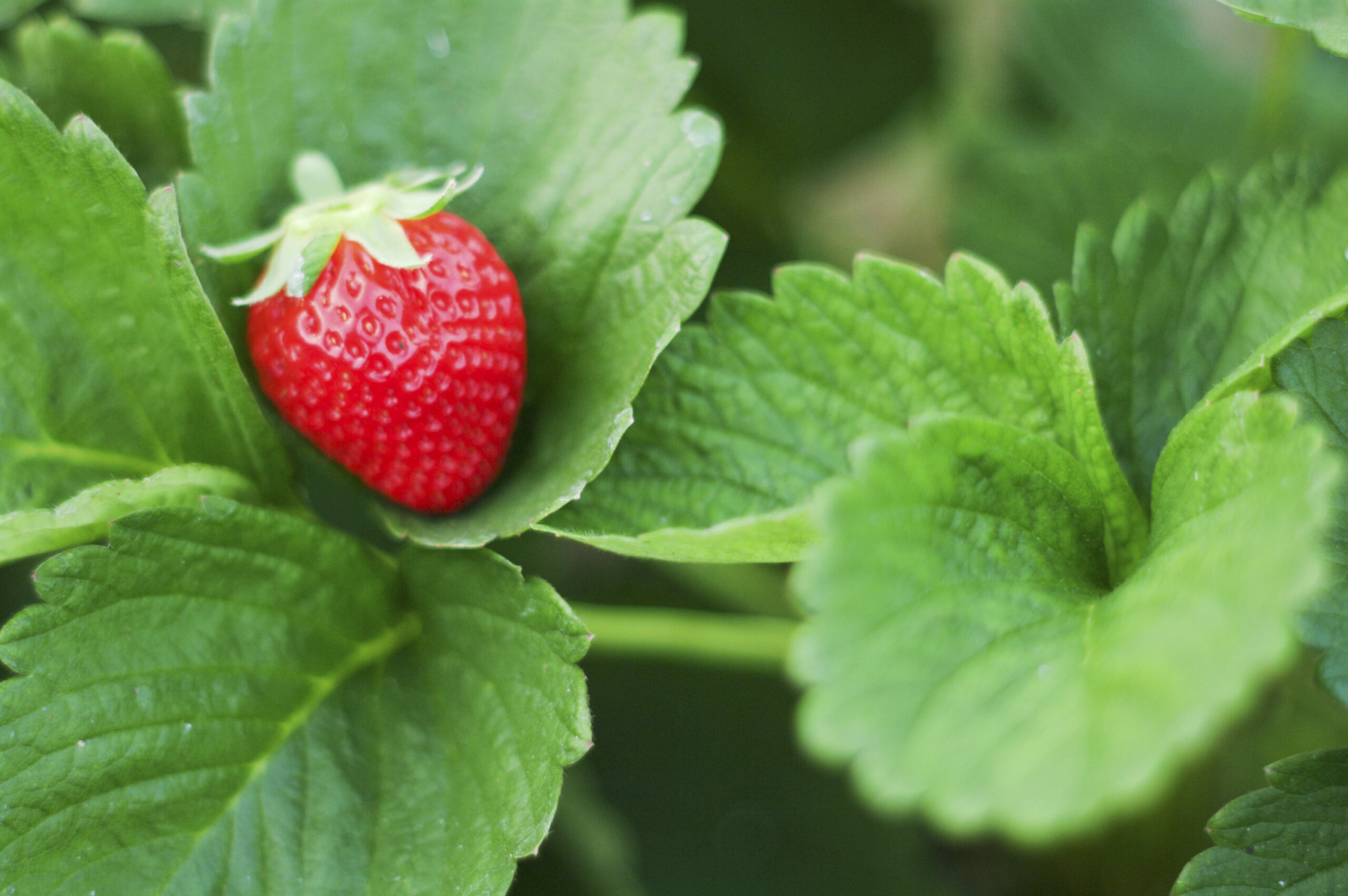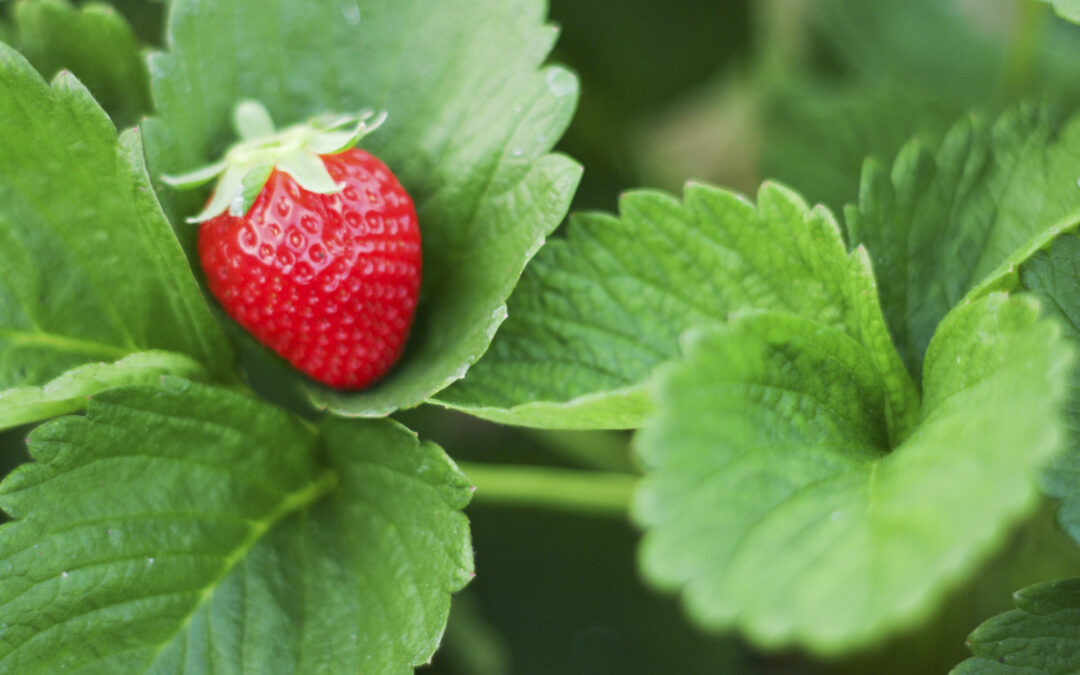Organic gardening is a method of growing plants and vegetables without the use of synthetic fertilizers, pesticides or genetically modified organisms (GMOs). It involves using natural methods to maintain soil health, control pests and diseases, and promote plant growth. In this blog post, we will explore the benefits of organic gardening for you and the environment.
Introduction to Organic Gardening:
Organic gardening has become increasingly popular in recent years due to concerns about the safety of conventionally grown produce. Many people are choosing to grow their own food at home to ensure that it is free from chemicals and other contaminants. Additionally, many consumers prefer the taste and nutritional value of fresh, locally-grown produce over store-bought options.
The Health Benefits of Eating Organically Grown Food:
One of the main benefits of organic gardening is the quality of the produce. Organically grown fruits and vegetables have been shown to contain higher levels of vitamins, minerals, and antioxidants than conventionally grown crops. This is because organic farming practices focus on building healthy soils which in turn produces healthier plants with more nutrients. Additionally, consuming organic food can reduce your exposure to potentially harmful pesticide residues found on conventional produce.

How Organic Gardening Can Help the Environment:
Organic gardening is not only good for your health but also for the environment. Conventional agricultural practices often involve the use of synthetic chemicals such as herbicides, insecticides, and fungicides. These chemicals can leach into groundwater, pollute nearby streams and rivers, and harm wildlife. By choosing organic gardening, you can help protect local ecosystems by reducing the amount of chemicals used in your yard and garden.
Tips for Starting Your Own Organic Garden:
Starting an organic garden may seem daunting, but it’s actually quite simple once you know what to do. Here are some tips to get started:
1. Choose the right location – select an area that receives plenty of sunlight and has well-draining soil.
2. Build healthy soil – add compost, manure, or other organic matter to enrich the soil and encourage beneficial microorganisms.
3. Use natural pest controls – attract predators like ladybugs and lacewings to control pests, or make a homemade garlic spray to repel them.
4. Water wisely – avoid overwatering by using a drip irrigation system or watering early in the morning before the heat of the day sets in.
5. Harvest regularly – pick produce when it’s ripe to enjoy maximum flavor and nutrition.
In conclusion, organic gardening offers numerous benefits for both your personal health and the environment. Whether you choose to start small with a few containers on your balcony or go all out with a full-scale backyard garden, there are endless possibilities for enjoying delicious, organic produce while minimizing your impact on the planet.



